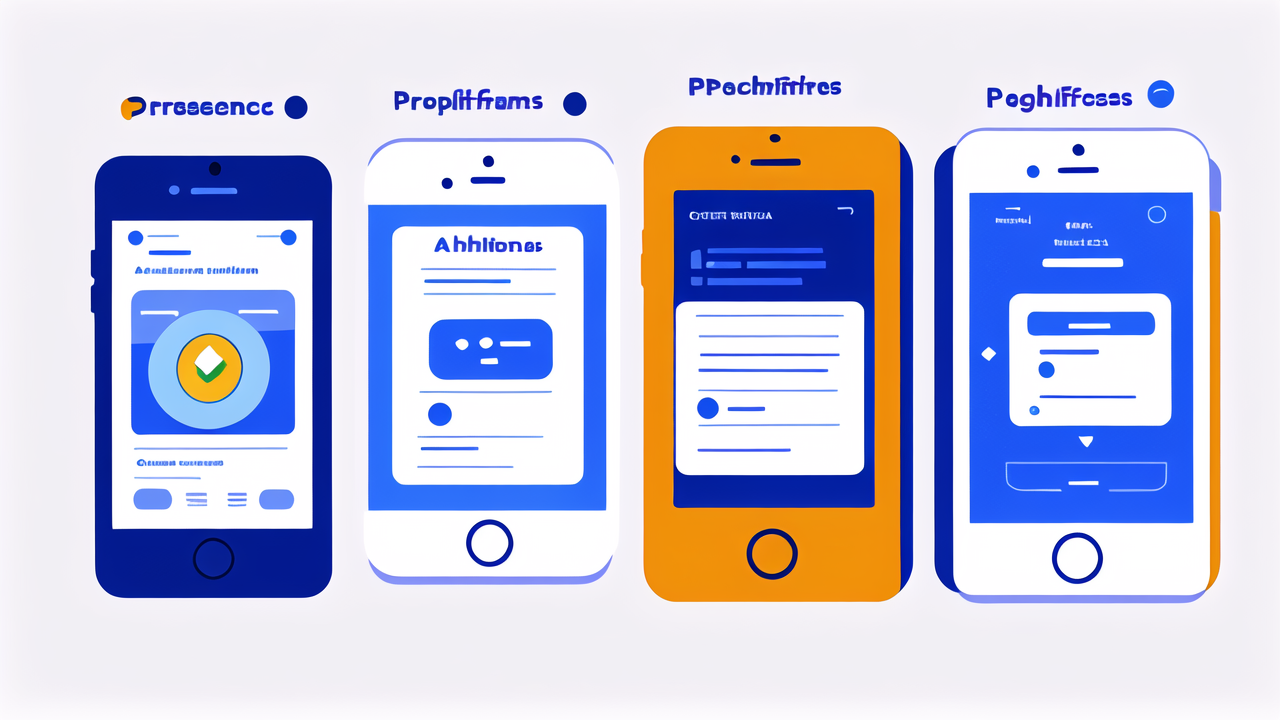The Evolution of Smartwatch Technologies: A Leap into Health
The inception of smartwatch monitoring
Smartwatches have come a long way since their humble beginnings. At first, they were simple devices. They could tell time and maybe show notifications. But now, they're powerful health monitors.

The journey began with basic step counting. This was a big deal at the time. People could track their daily activity. It was a small step towards health awareness.
Soon, heart rate monitors were added. This was a game-changer. Users could now track their pulse throughout the day. It opened up new ways to monitor fitness and overall health.
As technology improved, so did the sensors. They became more accurate and diverse. Blood oxygen levels, sleep patterns, and even ECG readings became possible.
Technological advancements fueling health tracking
The rapid growth of smartwatch health features is due to amazing tech advances. Miniaturization has been key. Sensors are now tiny but powerful. They can fit in a small watch and still give accurate readings.
Battery life has also improved. Watches can now last days while constantly tracking health data. This means 24/7 monitoring is possible.
AI and machine learning play a big role too. They help make sense of all the data collected. They can spot patterns and give useful insights.
Improved connectivity is another factor. Smartwatches can now easily sync with phones and the cloud. This allows for real-time data analysis and alerts.
Materials science has also contributed. New materials make watches more comfortable for all-day wear. They also help improve sensor accuracy.
Integrating Health Metrics into Smartwatch Use
The role of smartwatches in preventative health
Smartwatches are changing how we approach health. They're not just fitness trackers anymore. They're becoming tools for preventative health care.

These devices can spot early signs of health issues. For example, they can detect irregular heart rhythms. This can lead to early diagnosis of conditions like atrial fibrillation.
Smartwatches also encourage healthier habits. They remind users to move, drink water, and get enough sleep. This can help prevent lifestyle-related diseases.
Some watches can even detect falls. This is a great safety feature, especially for older adults. It can alert emergency services if needed.
Continuous monitoring allows for better health insights. Users and their doctors can see long-term trends. This can help in making informed health decisions.
Enhancing lifestyle and well-being through personal data
Smartwatches are powerful tools for personal health management. They provide a wealth of data about our bodies and habits.
Users can track their fitness progress easily. They can see improvements in their cardio health or sleep quality. This can be very motivating.
Stress management is another key area. Many watches now include features like guided breathing exercises. They can also detect high stress levels and suggest breaks.
Sleep tracking has become more advanced. Watches can now analyze sleep stages and quality. This helps users improve their sleep habits.
Personalized health goals are easier to set and achieve. Watches can suggest realistic targets based on individual data. They can also provide encouragement and reminders.
Some watches now offer menstrual cycle tracking. This helps women better understand their bodies and plan accordingly.
Regulatory Challenges and Opportunities in the US Market
Navigating the FDA approval process for health-tracking devices
The FDA plays a crucial role in regulating health-tracking smartwatches. This process ensures that these devices are safe and effective.

Getting FDA approval can be complex. Companies must prove their devices work as claimed. This often involves clinical trials and lots of data.
The FDA has created new pathways for digital health devices. This includes the Digital Health Software Precertification Program. It aims to speed up the approval process for trusted companies.
There's a fine line between wellness and medical devices. Wellness devices face less strict rules. But adding certain health features can push a watch into medical device territory.
The FDA is working to keep up with rapid tech advances. They're trying to balance innovation with safety. This creates both challenges and opportunities for smartwatch makers.
Companies must decide which features to include. Some may avoid certain health trackers to skip FDA approval. Others see FDA approval as a way to stand out in the market.
Ethical considerations and data privacy in health monitoring
As smartwatches collect more health data, privacy concerns grow. Users want to know their sensitive information is protected.
Companies must be clear about how they use and store health data. Many are adopting strict privacy policies. They're also giving users more control over their data.
There's a debate about who owns health data from smartwatches. Is it the user, the company, or both? This has legal and ethical implications.
The potential for data breaches is a serious concern. Health data is valuable and could be a target for hackers. Companies must invest in strong security measures.
There are also questions about data sharing. Should smartwatch data be shared with doctors or insurance companies? This could have both benefits and risks.
Ethical use of health data is crucial. Companies must ensure they're not misusing information. They should also consider the impact of their devices on mental health.
As smartwatches become more advanced, these issues will only grow more complex. Balancing innovation with privacy and ethics will be an ongoing challenge.




Leave a comment
This site is protected by hCaptcha and the hCaptcha Privacy Policy and Terms of Service apply.